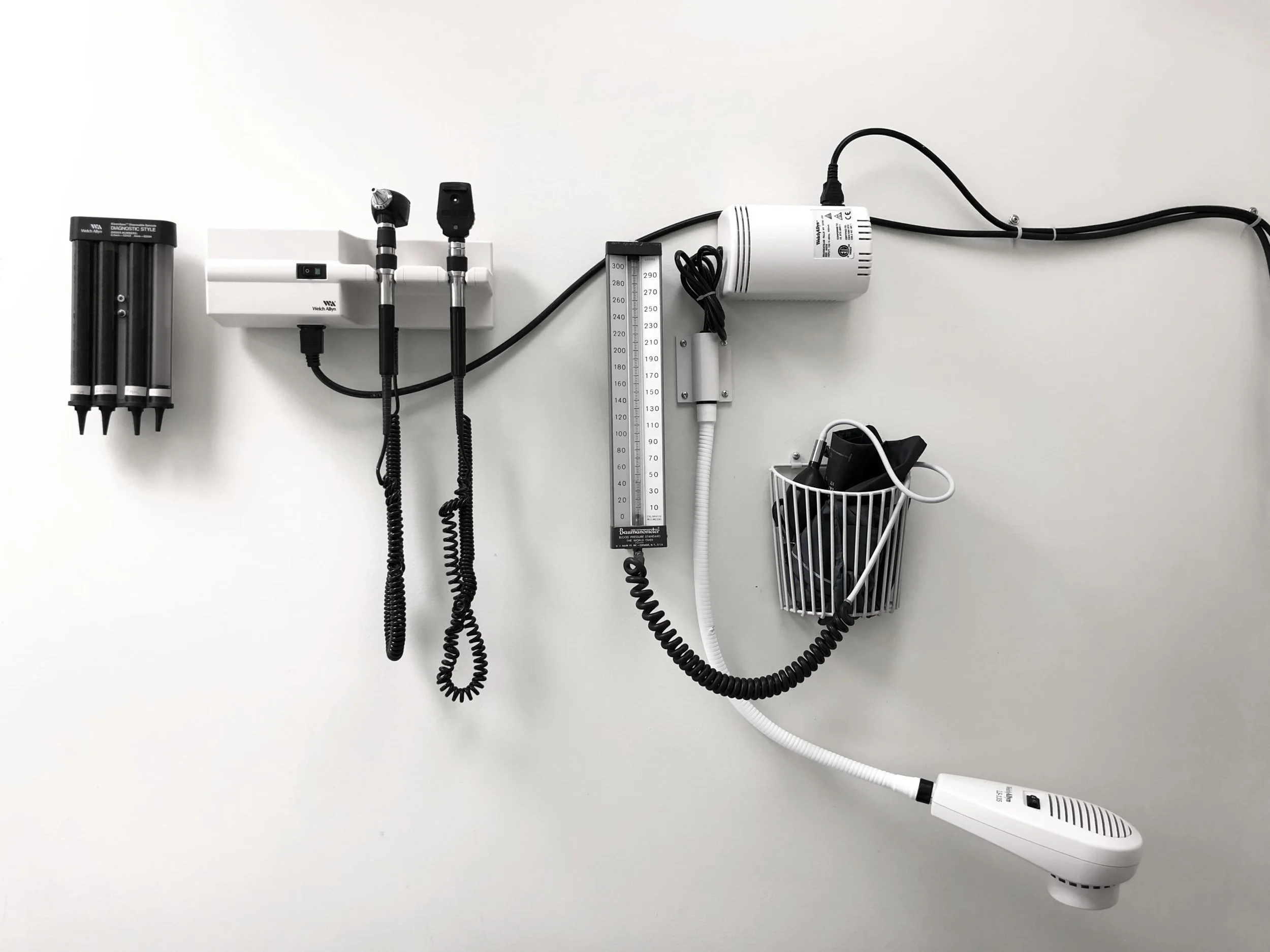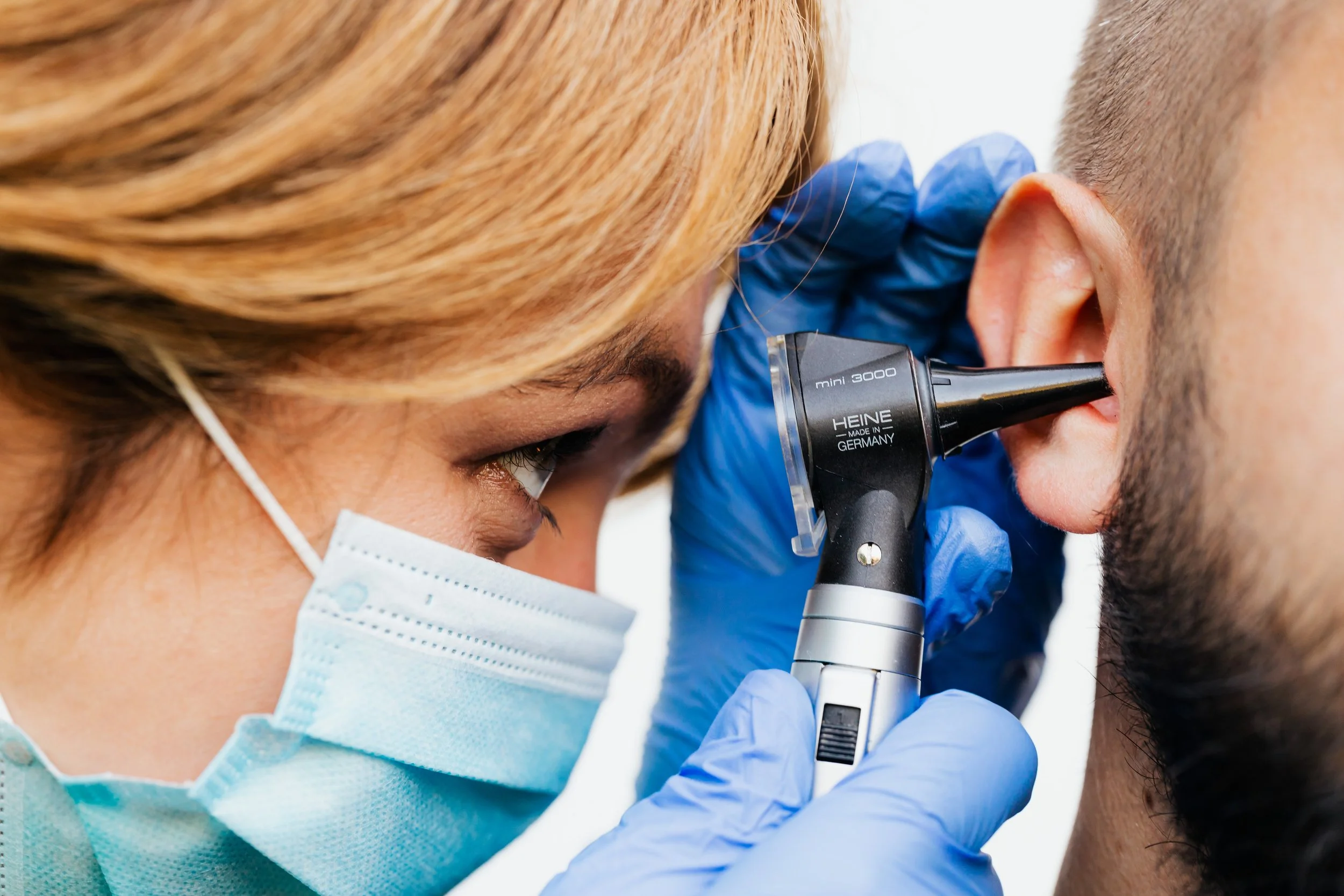Direct Primary Care Directory
What is Primary Care?
Primary care is the true entry point into the healthcare system. Primary care specialties include Pediatrics, Family Medicine, and Internal Medicine. These doctors will oversee your healthcare in the long term, while pairing you up as needed with medical specialists throughout your lifetime.
The pediatrician will see patients aged newborn to 18 years old. The internist will see patients aged 18 to 65+. The family medicine doctor can see patients aged newborn to 65+.
A primary care doctor will usually handle the following: Annual Well Visit, Non-Emergent Sick Visits, Physical Examinations for Injury, Labs, Screenings, Tests, Immunizations, Minor Procedures, Chronic Disease Management, Pap Smears, and Physical Exams. Some of the physical exams a primary care doctor might perform include: School Physical, Sports Physical, DOT Physical, FAA Physical, Handicap Parking Physical, among others.
Primary care doctors monitor and maintain your health and wellness. Should a health problem arise that is outside the scope of their practice, the primary care doctor will refer you to the necessary third party.
What is Direct Primary Care?
Direct Primary Care (DPC) is an umbrella term that family medicine doctors, internists, and pediatricians use to indicate their medical practice model does not accept health insurance, but rather uses a flat and affordable membership fee usually starting around $70/month.
Direct Primary Care can be paired with a Healthshare Plan or a High Deductible Health Plan (HDHP) to give an individual or family what some would call full healthcare coverage. Eligible healthshare plans and HDHPs can be paired with a Health Savings Account (HSA), which increases the financial preparedness for medical emergencies and if not used, adds to the individual’s retirement spending.







